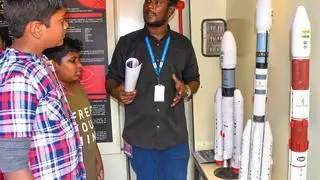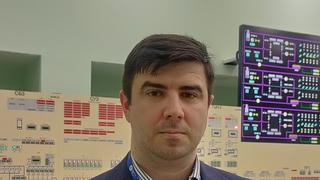Asserting that modern science would be unrecognisable without the contributions of ancient Indian scientists like Aryabhata and Sushruta, a noted Indian-American scientist has rued that there is a concerted effort to ignore these figures, whose contributions to science is at par, if not more than those of Pythagoras and Aristotle.
“Just imagine erasing the name of Pythagoras, Aristotle, and Plato from the current philosophy texts because it is an old past. Will it be just and fair? The answer is no. However, this is exactly the case when we ignore our own heroes, Aryabhata, Kanada, Varahmihir, Brahmgupta, Charaka, and Sushruta, in India unjustly,” Alok Kumar told PTI.
A professor of physics at the State University of New York at Oswego, Kumar, who was born and educated in India, is author of two books that documents the contribution of ancient Hindu scientist to the modern day science including ‘Sciences of the Ancient Hindus’ which was released last year.
His third book ‘A History of Science in World Cultures: Voices of Knowledge’ is due this year.
“Modern science and medicine would be unrecognisable, and far more primitive, without the immense contribution of the ancient Hindus. They invented everyday essentials such as our base-ten number system and zero as a numeral,” he said.
“The ancient Hindus also developed a sophisticated system of medicine with its mind-body approach known as ayurveda; detailed anatomical and surgical knowledge of the human body, including cataract surgery and the so—called plastic surgery; metallurgical methods of extraction and purification of metals, knowledge of various constellations and planetary motions that was good enough to assign motion to the Earth; and the science yoga,” Kumar said.
In his book, ‘Sciences of the Ancient Hindus: Unlocking Nature in the Pursuit of Salvation’, Kumar said he has provided a powerful and comprehensive insight into the extraordinary intellectual contributions of the ancient Indians, the full story of which had hitherto remained largely unknown and unappreciated throughout millennia of neglect.
Kumar said when he compiled scientific achievements from the accounts of Aristotle, Arrian, Megasthenes, Clement of Alexandria, and Apollonius of Tyana among the Greeks; Al—Biruni, Al—Khwarizmi, Ibn Labban, al—Fazari, al—Masudi, and Al—Uqlidisi among the Islamic scholars; Fa—Hien, Hiuen Tsang, and I—tsing among the Chinese; Leonardo Fibbonacci, Pope Sylvester II, Roger Bacon, Voltaire and Copernicus from Europe, a much different picture emerged as against the general impression about India.







Comments
Comments have to be in English, and in full sentences. They cannot be abusive or personal. Please abide by our community guidelines for posting your comments.
We have migrated to a new commenting platform. If you are already a registered user of TheHindu Businessline and logged in, you may continue to engage with our articles. If you do not have an account please register and login to post comments. Users can access their older comments by logging into their accounts on Vuukle.